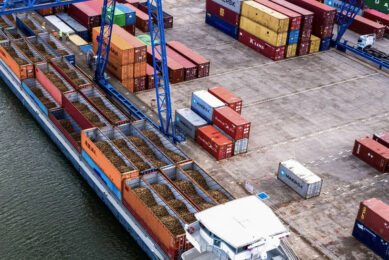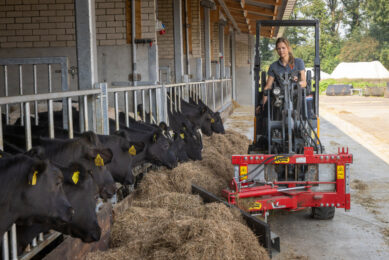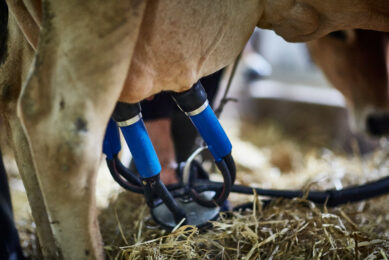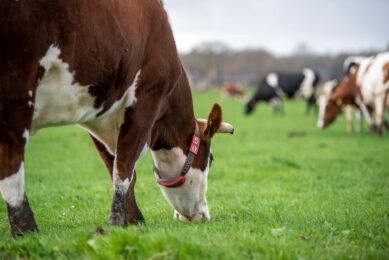1 in 5 British dairy farmers may quit the industry
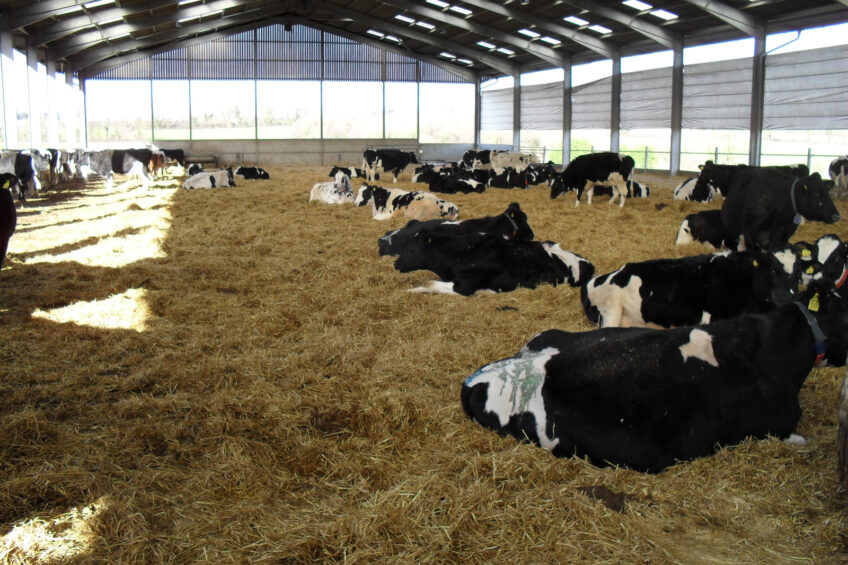
British dairy farmers are, like many of their counterparts in other European countries, in a crisis. An oversupply of milk and lower demand on the world market has led to a steep drop of milk prices which are in many cases now well below production costs.
The National Farmers Union of England fears that as many as 1 in 5 dairy farmers might quit the industry this year alone. Organisations like Dairy UK suggest that more export might help solve at least some of the problems. Dairy UK said in a report: “That would unlock a new world of opportunity.”
Milk production figures in the UK
In the year till March 2014, the previous so-called milk year, the United Kingdom produced just under 14.4 billion litres of milk, making it the 3rd largest producer in the EU after Germany and France.
Since the abolition of the European quota on April 1st 2015, milk production has gone up significantly in this country too. According to the latest figures from the Department for the Environment, Food and Rural Affairs (Defra), production in December amounted to 1.215 million litres which was 5.1% higher than in the same month a year earlier. As a result, the milk price is declining continuously, with the latest average for the month of January 2016 standing at £0.2313/litre (€0.2967) which represents a decrease by 2.7% on December 2015 and of 12% on January 2015.
10-20% of dairy farmers may quit
Rob Harrison, the outgoing dairy board chairman at the NFU, earlier predicted that this year alone 10 or even 20% of the remaining dairy farmers in this country might decide to quit altogether. “I’m not going to repeat the story of the ‘perfect storm’, other than to say the storm has got a lot worse. We are really concerned as a union. There is real worry about what is going to happen, particularly given the price cuts since Christmas. Farmers are making budgets and looking at sustaining losses of £10,000, £50,000, hundreds of thousands of pounds, depending on their business, over the next 12 months,” he said.
Harrison has warned dairy processors will destroy their supply base if they continue to drive the value of milk on farms down. He quoted the example of the Dutch milk co-operative Friesland Campina which has put in place incentives for their farmers to reduce production including a bonus for producing less than in 2015.
Exports might solve the problems
Dairy UK, the umbrella organisation for the British diary industry, suggests exports might solve at least part of the problem. The association recently launched a new export strategy ‘United Kingdom. Exporting Dairy to the World’ to unlock a new world of opportunities on international markets. “An aspiration for a 20-30% increase in exports over the next 5 years is regarded as a reasonable and sustainable target for the sector,” it says.
The UK dairy industry has already increased its dairy exports outside the EU by 91% by volume over the last 5 years through to the end of 2014. During the same period, the volume of exports within the EU increased by 28%. In 2014, the value of dairy exports totalled £1.3 billion.
Following example of other dairy nations
Dairy UK CEO Judith Bryans said the UK should follow the example set by other dairy exporting countries in terms of industry-government cooperation to foster growth and develop exports.
Bryans said, “We can learn from best practice and ensure that the UK has efficient and cost-effective systems that support export growth while ensuring consumers, customers and global regulators remain confident in the safety and quality of UK dairy products.”
At present, the UK has high standards of animal welfare, world class dairy farmers, stringent processor safety standards, high quality innovative products and strong environmental credentials. In order for the positive trends we have seen in dairy exports from the UK to continue, we need to build on our strengths, Bryans said.
Join 13,000+ subscribers
Subscribe to our newsletter to stay updated about all the need-to-know content in the dairy sector, two times a week.



